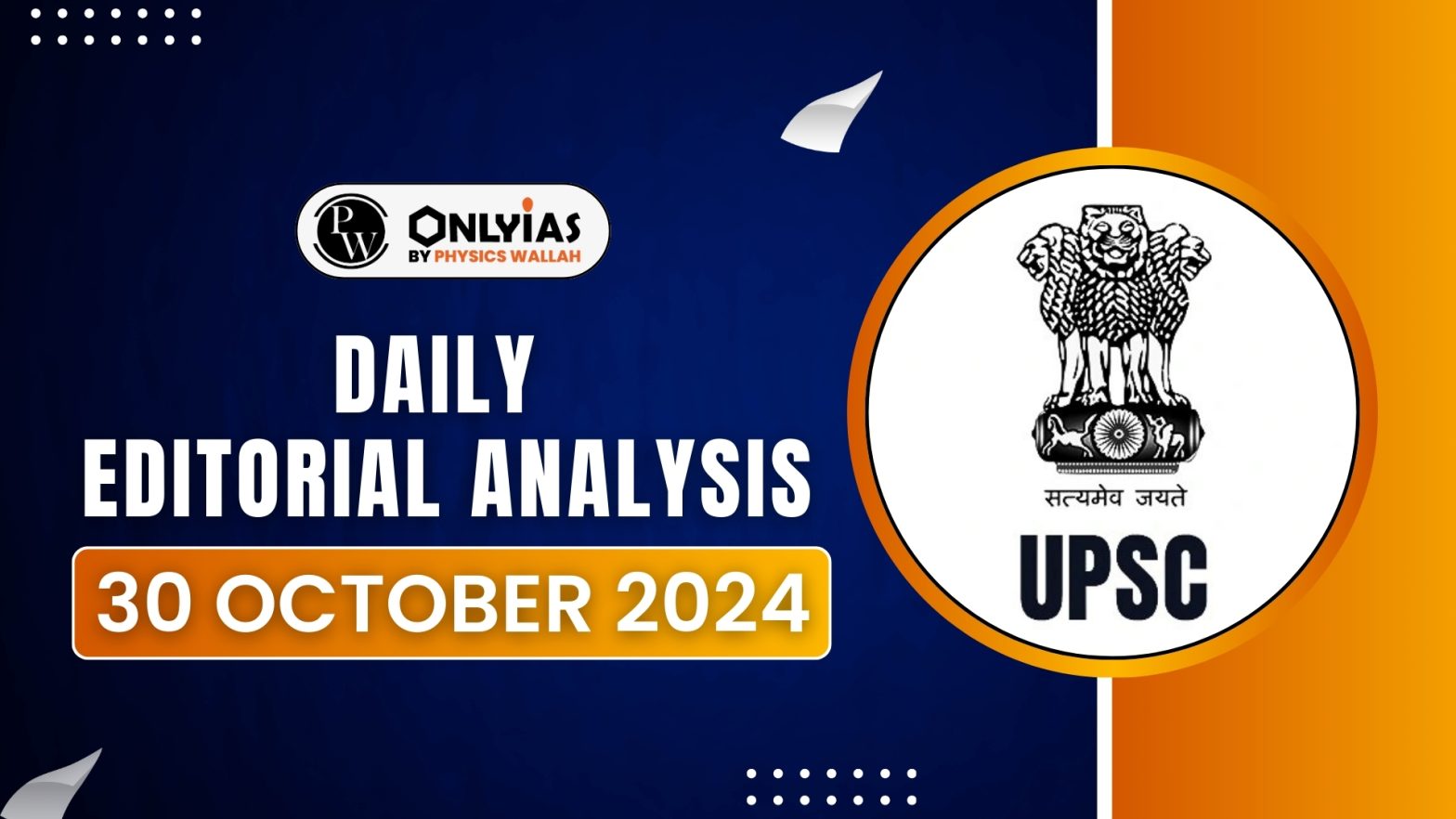The IMF and World Bank were established at the Bretton Woods Conference to rebuild the post-WWII world.
- Today, calls for IMF reform have intensified, with emerging economies demanding fairer representation to address the disproportionate voting power favouring G7 countries.
IMF Structure
Board of Governors
- The highest decision-making body is the Board of Governors, comprising one governor and an alternate from each member country, typically finance ministers or central bank heads.
- While most powers are delegated to the Executive Board, the Board of Governors retains authority over quota increases, special drawing rights allocations, and amendments to the Articles of Agreement.
Ministerial Committees
- Advising the Board are two ministerial committees: the International Monetary and Financial Committee (IMFC) and the Development Committee, both representing the full membership.
- The IMFC addresses global economic concerns, while the Development Committee focuses on issues affecting emerging and developing nations.
Executive Board
- The 24-member Executive Board conducts day-to-day operations and makes decisions based on consensus, reflecting the interests of all 190 member countries and the changing dynamics of the global economy.
|
Enroll now for UPSC Online Classes
Unfulfilled Essentials of the IMF
- Managing Global Threats and Crises: Economic vulnerability is rising, with mounting debts post-COVID, climate risks, and emerging pathogens. The IMF is expected to lead in supporting vulnerable nations but struggles to meet these growing demands.
- Rising Protectionism and Trade Barriers: Increased protectionism, often under national security pretexts, challenges the IMF’s mission of fostering open global trade, as countries prioritise local markets.
- The Growing Migration Crisis: Economic hardships drive rising migration as people seek better livelihoods. Though positioned to help stabilise economies, the IMF’s limitations restrict its ability to address root causes of migration.
- Lender of Last Resort: The IMF’s role as a lender to distressed economies is hindered by political pressures, limiting its capacity to provide unbiased guidance and global cooperation.
Structural Issues with IMF Governance
- Anachronistic Governance Structure:
- The IMF’s decision-making power remains concentrated within the G7 nations, which dominate its executive board.
- This arrangement allows these nations to extend loans at favorable rates to allies while often ignoring the interests of emerging economies.
- For example, during the Mexican crisis in 1994, the U.S. contributed substantially to Mexico’s bailout, reflecting the Fund’s political bias.
- U.S. Influence and Shift from Neutral Arbiter
- Once a promoter of open markets, the U.S. has shifted to favour globalisation on its own terms, reducing its impartiality and impacting IMF policies.
- Unequal Voting Shares
- The U.S. holds 16.5% voting power, granting it veto authority, while emerging economies like India and China are underrepresented.
- India’s voting share is lower than that of the U.K. and France despite its economic size, and China’s is equal to Japan’s, though China’s economy is significantly larger.
- Challenges of Increasing China’s Voting Rights
- Redistributing voting shares to reflect economic realities carries risks.
- Doubling China’s voting power, for instance, could lead to standoffs similar to those in the UN Security Council, potentially blocking loans to G7-aligned nations and increasing politicisation.
Enroll now for UPSC Online Classes
Structural Reforms to Address IMF Challenges
- Operational Autonomy for the Board of Governors: The IMF’s Board of Governors, which represents all member nations, should oversee operational decisions, including lending programs, rather than leaving them to the G7-dominated executive board.
- Executive Board as Governance Body: The executive board’s role should focus on setting the Fund’s broad operational mandate, overseeing performance, and appointing management, but not on day-to-day decisions.
Way Forward
- Embracing a Balanced Bargain: A balanced approach is needed, where emerging powers like China and established powers collaborate on reforms. Without mutual compromise, meaningful changes are unlikely, and the IMF risks inefficacy.
- Uniform Rule Application: Rules should apply equally to all nations, preventing politically motivated exceptions. Allies may still support each other but should do so outside the IMF framework to maintain the Fund’s integrity.
- Political Flexibility in Lending: IMF directors could modify lending rules based on current global economic assessments, allowing for situational flexibility without compromising fairness.
Enroll now for UPSC Online Classes
Conclusion
Reforming IMF governance is crucial for it to remain relevant and effective in addressing today’s global challenges. A grand bargain among old and emerging powers is the best path forward to modernise the institution.
![]() 30 Oct 2024
30 Oct 2024

